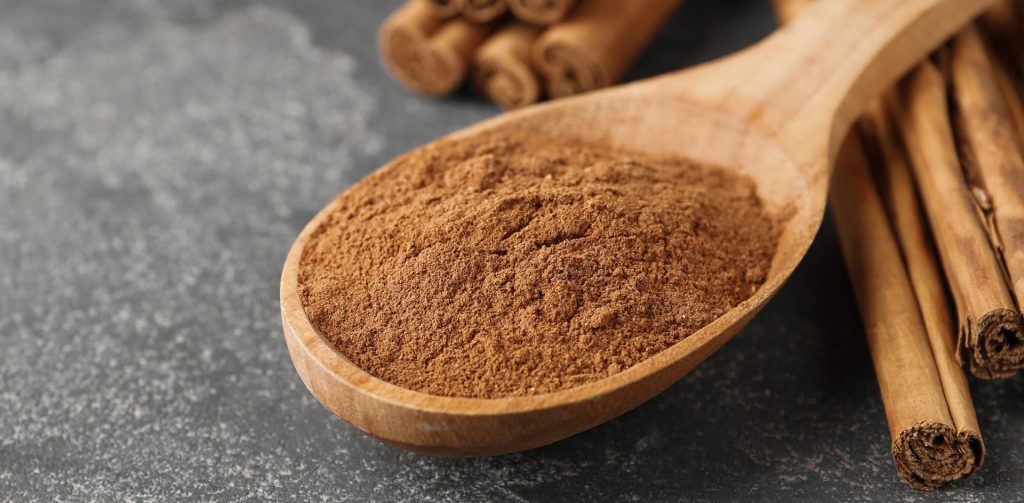Cholesterol is a vital component of our body, but high levels of low-density lipoprotein (LDL) cholesterol, often referred to as “bad” cholesterol, can lead to atherosclerosis and an increased risk of cardiovascular disease. As a result, people are constantly seeking natural remedies and dietary interventions to help manage their cholesterol levels.
One such natural ingredient that has gained popularity is cinnamon. Cinnamon is a widely used spice known for its unique flavor and aroma, but does it truly have the potential to improve cholesterol levels?
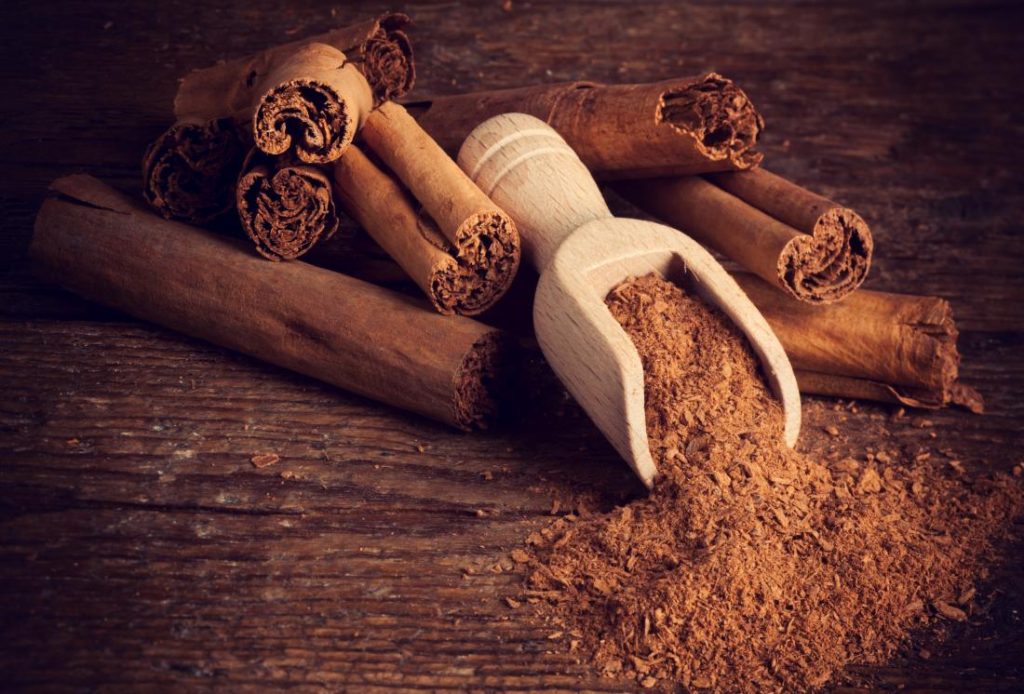
In this article, we will delve into the scientific evidence to determine if cinnamon is beneficial for cholesterol management.
Understanding Cholestrol
Cholesterol is a waxy, fat-like substance essential for the body’s normal functioning. The liver produces it and can also be obtained from certain foods. While cholesterol is necessary to produce hormones, vitamin D, and substances that aid digestion, high levels of cholesterol in the blood can lead to health problems.
Cholesterol is transported in the bloodstream by lipoproteins. There are two main types of lipoproteins: low-density lipoprotein (LDL) and high-density lipoprotein (HDL). LDL cholesterol is often referred to as “bad” cholesterol because high levels of it can contribute to the buildup of plaque in the arteries, leading to atherosclerosis and an increased risk of heart disease. HDL cholesterol, on the other hand, is known as “good” cholesterol because it helps remove excess cholesterol from the bloodstream and transports it back to the liver for elimination.
What is the Link Between Cinnamon and Cholesterol?
The relationship between cholesterol and cinnamon is a topic that has been studied to some extent, but the evidence is not yet conclusive. Some research suggests that cinnamon may have potential benefits for cholesterol levels, but further studies are needed to understand the extent of these effects fully.
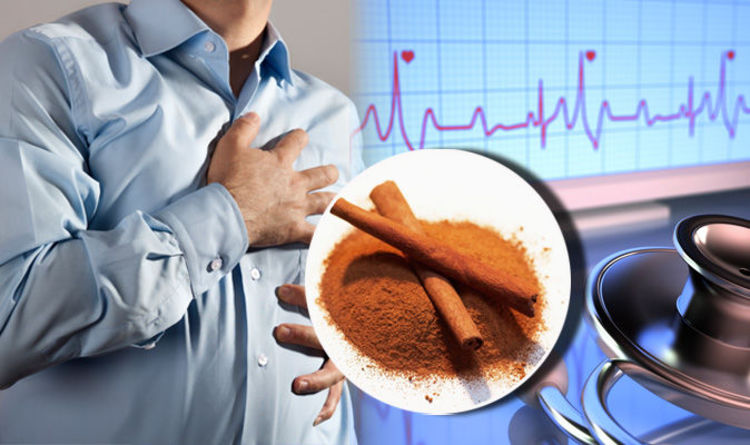
Here are a few key points regarding the potential link between cholesterol and cinnamon:
- LDL Cholesterol: LDL (low-density lipoprotein) cholesterol is often called “bad” cholesterol because high levels are associated with an increased risk of heart disease. Some studies have indicated that cinnamon may help reduce LDL cholesterol levels. However, the results have been mixed, with some studies showing a positive effect, while others have found no significant impact.
- HDL Cholesterol: HDL (high-density lipoprotein) cholesterol is often called “good” cholesterol because it helps remove LDL cholesterol from the bloodstream. There is limited research on the effect of cinnamon on HDL cholesterol levels. Some studies suggest that cinnamon may modestly increase HDL cholesterol, but more research is needed to confirm these findings.
- Triglycerides: Triglycerides are a type of fat found in the bloodstream. High levels of triglycerides are associated with an increased risk of heart disease. Some studies have shown that cinnamon may help lower triglyceride levels. However, the evidence is inconsistent, and further research is required.
- Mechanism of Action: The exact mechanisms by which cinnamon might influence cholesterol levels are not fully understood. Some researchers speculate that cinnamon’s beneficial effects could be due to its antioxidant properties, ability to improve insulin sensitivity, or potential to inhibit certain enzymes involved in cholesterol synthesis. However, more studies are needed to validate these mechanisms.
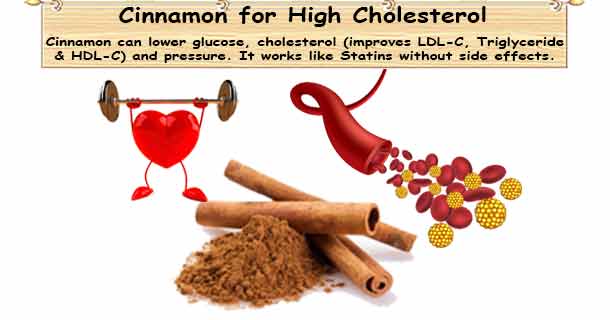
It’s important to note that while cinnamon may have potential benefits for cholesterol levels, it should not be considered a standalone treatment for managing high cholesterol. Lifestyle changes, such as a healthy diet, regular exercise, and if necessary, medication prescribed by a healthcare professional, are typically recommended for managing cholesterol levels.
How Does Cinnamon Affect Cholesterol Level?
Cinnamon can potentially lower cholesterol levels by reducing total cholesterol, LDL cholesterol (often referred to as “bad” cholesterol), and triglyceride levels. However, further research is needed to fully understand the extent and mechanisms of cinnamon’s impact on cholesterol levels.
Can Cinnamon Kill You? Debunking the Myth
Are there any Potential Side Effects or Risks Associated with Consuming Cinnamon for Cholesterol Management?
While cinnamon has been suggested to have potential benefits for cholesterol management, there are some considerations regarding its consumption. High doses of cinnamon or long-term use may pose certain risks. Cinnamon contains a compound called coumarin, which, in large amounts, can be toxic to the liver and may cause liver damage.
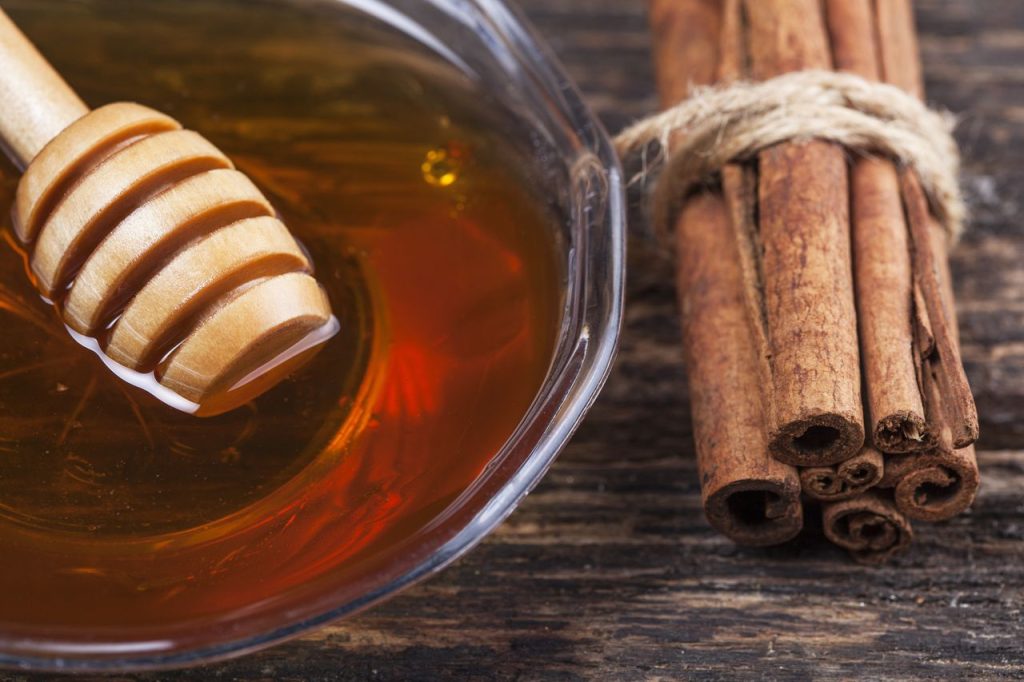
Additionally, cinnamon can interact with certain medications, such as blood thinners, and may affect blood sugar levels, potentially causing issues for individuals with diabetes. It is advisable to consult with a healthcare professional before incorporating cinnamon or any other dietary supplement into your routine, especially if you have underlying health conditions or take medications.
The Fascinating Journey of Cinnamon: From Harvest to Spice
Can Cinnamon be used as Complementary Treatment along with Cholesterol- Lowering Medication ?
Cinnamon has been studied for its potential health benefits, including its impact on cholesterol levels. While some studies suggest that cinnamon may significantly reduce cholesterol, the evidence is limited and conflicting. Therefore, it is important to note that cinnamon alone cannot replace or substitute cholesterol-lowering medications a healthcare professional prescribes.
Cinnamon can be added to various foods, such as oatmeal, yogurt, or tea, to enhance flavor without adding excessive sugar or salt. Cinnamon has antioxidant and anti-inflammatory properties, which may contribute to overall cardiovascular health.
It is crucial to consult with a healthcare provider before using cinnamon or any other complementary treatment alongside cholesterol-lowering medications, as they can provide personalized advice based on individual health conditions and medication interactions.
What is Recommended Dosage of Cinnamon for Cholesterol Management?
That being said, there is no universally recommended dosage of cinnamon for cholesterol management. The dosage can vary depending on the form of cinnamon used (powder, capsules, extracts, etc.) and the concentration of active compounds. However, some studies have suggested a range of 1 to 6 grams of cinnamon per day as a general guideline.
